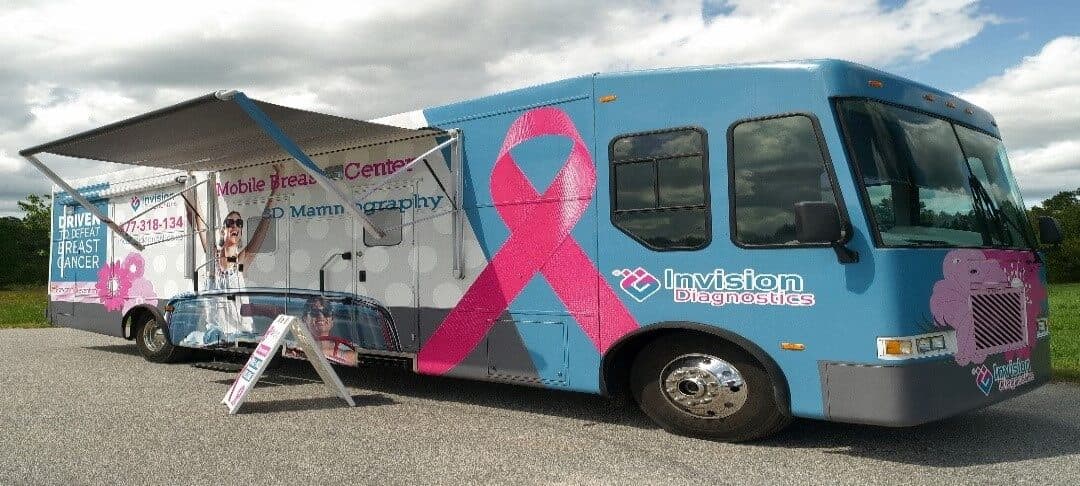Welcome to South Carolina where cancer is the second-leading cause of death, accounting for approximately one in every four deaths.
Cancer has played a hand in all our lives whether you are a cancer survivor, caregiver, family member or a friend. Each year 3,740 women are diagnosed with breast cancer and 670 die of breast cancer. The good news is that, since 1989, death rates from breast cancer have been declining, which is largely believed to be the result of early detection through screening, increased awareness and improved treatment. Unfortunately, improvement has not occurred equally for women in rural South Carolina.
The United States Preventive Services Taskforce (USPSTF) recommends that women in their 40s should have the choice to start annual breast cancer screenings with mammograms, and women ages 50-74 should get mammograms every other year. But women in rural South Carolina are less likely to receive an early cancer diagnosis and to receive comprehensive cancer care. A multitude of social factors such as education, poverty, mistrust in the medical community, health insurance coverage and the lack of transportation has influenced mortality rates among women from rural underserved communities. The factors are then compounded by cultural and linguistic barriers. And we’re not just losing women to breast cancer. There is a ripple effect for those left behind – children are losing their mothers, families are losing their daughters, husbands are losing lifelong partners and as a rural community we are losing valuable community members.
Understanding these health disparities and inequities in breast cancer diagnosis and treatment are critical to ensure that women in rural South Carolina are not dying from an otherwise preventable disease.
Mobile mammogram has become the go-to solution for bridging the gap in breast cancer screening and early detection. Providing mammograms at no cost or low cost to women in their own neighborhoods is the most effective tool for detecting breast cancer. The South Carolina’s Breast and Cervical Cancer Early Detection Program, also known as The Best Chance Network (BCN), is offering breast and cervical screening at no cost for South Carolina women who qualify. This program also covers mobile mammogram screenings. You may qualify if you:
- Are a woman living in South Carolina
- Between the ages of 30 -64 years old
- Have a high family risk for breast cancer
- Have no insurance
- Have a deductible that is $1,000 or higher
- Have insurance that does not cover diagnostic services
- Meet certain income eligibility requirements
Between March 2020 and March 2021, the BCN program offered a total of 110 mobile mammogram screening events resulting in more than 1,000 women receiving mammogram screenings. If you are a rural primary care provider who wants to build a bridge to reach more women through mobile mammogram screenings, feel free to reach out to your local BCN regional provider coordinator and/or your local mobile mammogram provider. A list of mobile mammogram providers is below:
- Joseph F. Sullivan (Clemson)
- Lexington Medical Center
- McLeod Medical Center
- Spartanburg Regional
- Conway Medical Center
- The Regional Medical Center
- Self-Regional Healthcare
- Charlotte Radiology
- Bon Secours St. Francis
- MUSC
- Palmetto/Prisma Health Baptist Columbia
- Invision Diagnostics
- Beaufort Memorial Hospital
- Prisma Health Upstate
– by LaShandal Pettaway-Brown, practice transformation consultant

